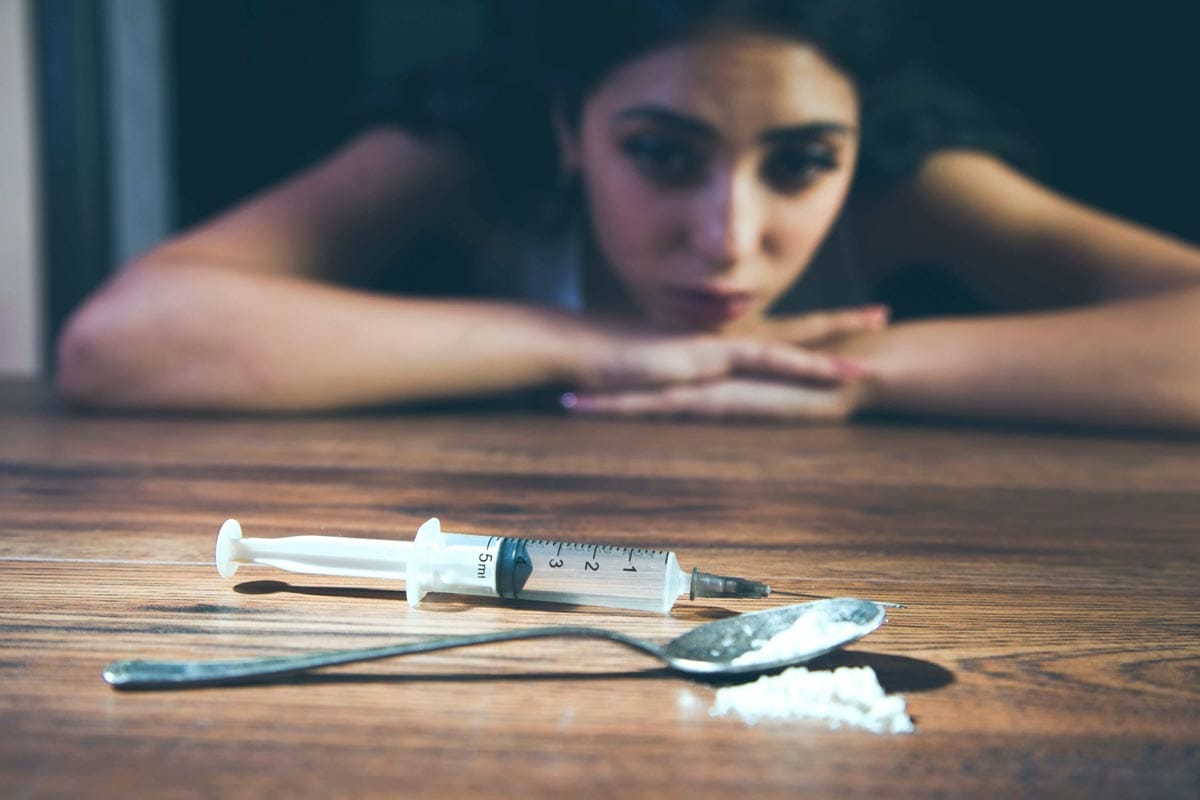
“…Shotgun in my mouth with my finger on the trigger, and I like the taste of the gun metal.” Robert Downey Jr explaining his drug addiction in 1999 to a judge.
Recently, I visited a family friend at a rehabilitation facility located in Kyambogo, on the outskirts of Kampala. The name of the facility conjures up thoughts of tranquility, serenity, hope and recovery, familiar themes rehabilitation centres take into consideration when coming up with a name.
Sean Kasasira (not real name) had been receiving in-house treatment for the past 3 weeks, of his 12-week in-patient program, by the time I paid him a visit. He was in good spirits and his appearance agreed with him. I was pleasantly surprised at his healthy weight gain in the short span he had spent there.
This is not Sean’s first in-patient treatment experience at a rehabilitation facility; in fact, it is his third. But this time round, his optimism and confidence are as infectious as they are worrisome.
Worrisome the fact that relapse – the return to the use of drugs or alcohol after a period of sobriety – is considered a part of the recovery journey, although there are exceptions to the rule.
Overconfidence is one major barrier on the journey to recovery. While enjoying their sobriety, the bad memories of what individuals in recovery went through when still using might seem to be in the distant past. And who in their right mind would want to return to such a miserable existence?
After a period of sobriety, it is easy to forget that drug addiction is a chronic condition and opt to have “just one drink”, thinking it is not a big deal. This starts a journey down a very slippery slope with only one destination – relapse. While it is important to have a healthy level of confidence, humility is key too.
A number of factors come into play that can increase an individual’s vulnerability to relapse, including biological, psychological, social, and environmental influences.
When individuals with an alcohol or drug addiction discontinue use, they typically experience withdrawal symptoms that can range from mild to severe. The severity of the withdrawal symptoms is unique to each individual and is shaped by a combination of factors, including the type of substance used, the dosage, frequency or usage pattern, duration of use, and personal circumstances.
A common pitfall in recovery is managing triggers (cues or catalysts that awaken drug-related memories and prompt the desire to pick up the habit again) and cravings (urgent, intense, overwhelming urges for a specific substance or activity). Note that triggers are an inevitable part of the recovery journey (people, places, things, or situations)
Either can unfold when least expected and stumble the strides made towards sobriety. These triggers can be social or environmental in nature, evoking memories of substance use.
It could be meeting up with friends who still use drugs or binge drink. It could be walking past a kafunda once every other day on your way home. It could be objects or smells that one associates with drugs or alcohol. And these triggers can spark an intense craving that leads to a relapse.
Some triggers will pop up unexpectedly, like watching an alcohol advertisement during the NBS or NTV news break at nine O’clock, or having to attend a work-related cocktail party for the boss.
Ideally, being able to enjoy social gatherings where friends or family are having a beer and not being triggered to relapse is a desired milestone in recovery and long-term sobriety. This does not happen overnight and takes patience and effort.
Until one has a solid grip on their recovery, it is best to avoid socialising with people who use drugs or alcohol. To minimise risks, it is wise to have a plan in place and, when possible, attend social gatherings with a sober friend or sponsor (someone who guides, supports, and mentors another person in their recovery journey, usually an individual who has achieved long-term sobriety and has completed the 12-step recovery program).
Stress, an unavoidable part of daily life has been severally mentioned as a common relapse-inducing trigger. It is a natural response to a perceived threat or pressure, causing a physical and emotional reaction. Rather than look for ways of avoiding stress, we should focus on effective stress management.
Poor coping skills under stressful situations (work and marital stress, in particular, have been known to be high up on that list) often time leads to the recovering individual turning to alcohol or drugs for relief. Recovery is a challenging yet empowering journey. Each time the individual overcomes stress without using substances, they strengthen their resilience, making it easier to handle future challenges.
Being aware of HALT (an acronym commonly used in recovery and addiction support to mean Hungry, Angry, Lonely, and Tired), four emotional and physical states that increase vulnerability to cravings and relapse, and taking steps to manage them helps individuals in recovery maintain their sobriety.
A healthy lifestyle is key to managing stress. Regular exercise, a balanced diet, and sufficient sleep help regulate one’s mood and resilience. Exercise boosts endorphins, while proper nutrition and sleep support the body’s stress-coping mechanisms.
Relapse is not failure, and neither is it the end of the road. There is help out there. A good start could be attending free Alcoholics Anonymous (A.A) and Narcotics Anonymous meetings at Christ The King during the course of the week.
By Alfred Galandi